The Beatles’ 1966 album, Revolver, changed the lives of countless listeners, and that included members of The Byrds. At this point, the latter band was already famous in its own right, thanks to their hit song, “Mr. Tambourine Man.” The California band ushered in a new wave of American folk-rock that would come to define the States’ music throughout the mid-1960s. The Byrds were no slouches by any stretch. But the Fab Four was a force to be reckoned with.
Videos by American Songwriter
Across the pond, The Beatles were adding the psychedelic flavor and mentality that would become a mainstay of music in the last several years of the decade, leaving bands like The Byrds taking notes and catching up.
What the Beatles’ ‘Revolver’ Did to the Byrds, per David Crosby
Co-existing bands like The Beatles and The Byrds came to define the 1960s in different ways. The second band’s influence on the folk-rock movement is significant and iconic. But The Beatles were, as John Lennon might have put it a time or two, bigger than Jesus. Rock bands around the world looked to the Fab Four for inspiration and direction. The Byrds were no different. David Crosby spoke of the album’s immense impact on the band to Mojo Magazine.
“I know the other Byrds, especially Roger [McGuinn], were thrilled by Revolver,” Crosby said. “Anyone with a brain would have been. Revolver’s impact on The Byrds was obvious. Look at how hard we were trying to go in the same direction as fast as we possibly could. ‘Eight Miles High’ had showed we were already trying, with the John Coltrane guitar solo and writing about drugs, which nobody else dared to do. But I think ‘Eight Miles High’ was still miles behind Revolver.”
Comparing oneself and one’s art to someone else and their art is a recipe for self-doubt and disappointment. However, when one wields it correctly, these comparisons can be incredibly reaffirming and motivating revelations. For Crosby, it was the latter. “Revolver completely convinced me I was going in the right direction, playing music at the most adventurous level I could manage.”
Who People Thought the Fab Four Were vs. Reality
In his final interview with Mojo Magazine before his death in 2023, David Crosby said that although he couldn’t remember the exact details of hearing Revolver for the first time, he maintained a keen sense of the effect the album had on him. “Rubber Soul was what you thought The Beatles were,” he explained. “But Revolver…somebody has smoked a joint and dropped a***. Their consciousness was completely different, and it’s a joy for that.”
Crosby said The Beatles’ “more sophisticated worldview” was evident in songs like “Eleanor Rigby” and “Got to Get You into My Life”. “The words on all of Revolver evolved upwards,” Crosby said. “There was a strong anti-establishment flavor, too. ‘Taxman’ was one of the reasons. You can tell they’re p***ed. And ‘Paperback Writer’. What a f***ing killer rock ‘n’ roll record. Even ‘Yellow Submarine’. It was warm and fuzzy, like a dog toy to be played with. It made The Beatles human and open, and it made you love Ringo.”
“They were growing so fast you could hardly keep up,” the musician remembered. The Byrds were one of many bands who used Revolver as the next goalpost into the final years of the 1960s—a creatively prolific period that prioritized psychedelia, free expression, and empathy. Even after The Byrds disbanded, The Beatles’ effect on the band’s individual members remained tangible in the ex-Byrds’ solo and subsequent group projects.
Photo by Michel Ochs Archives/Getty Images

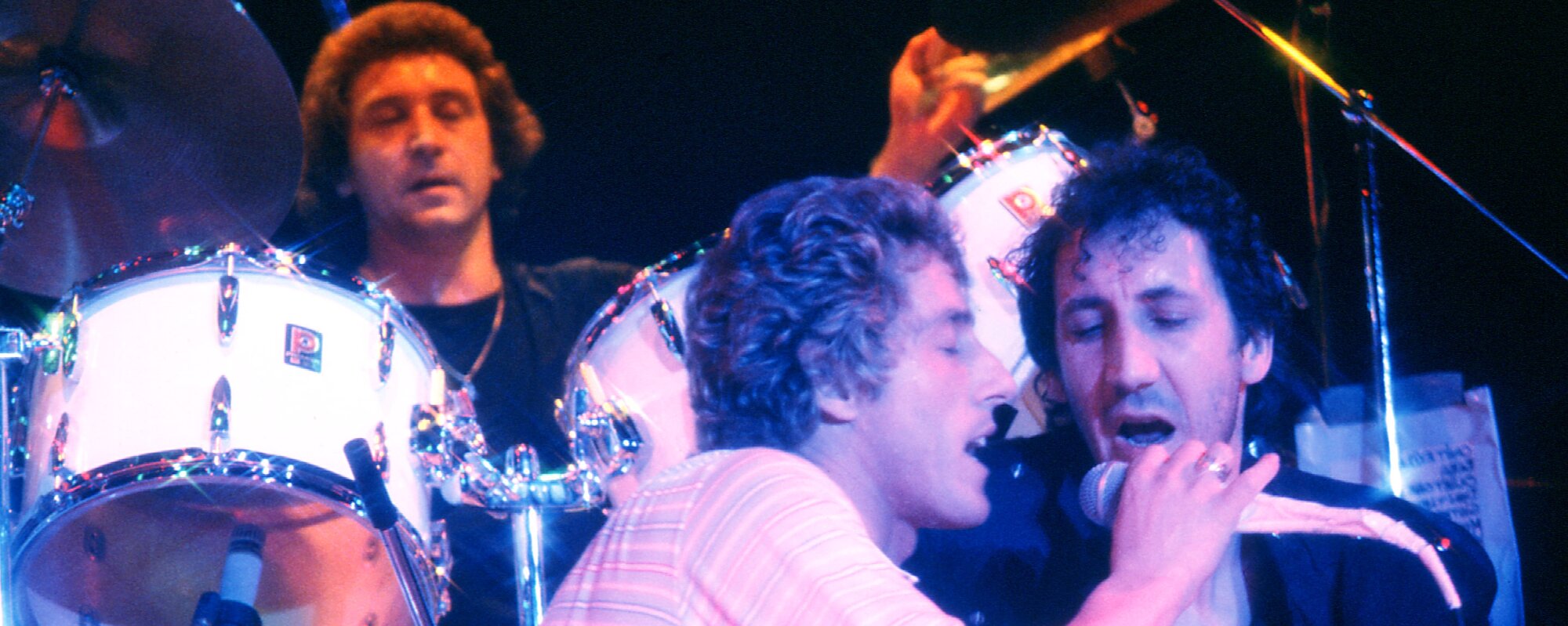
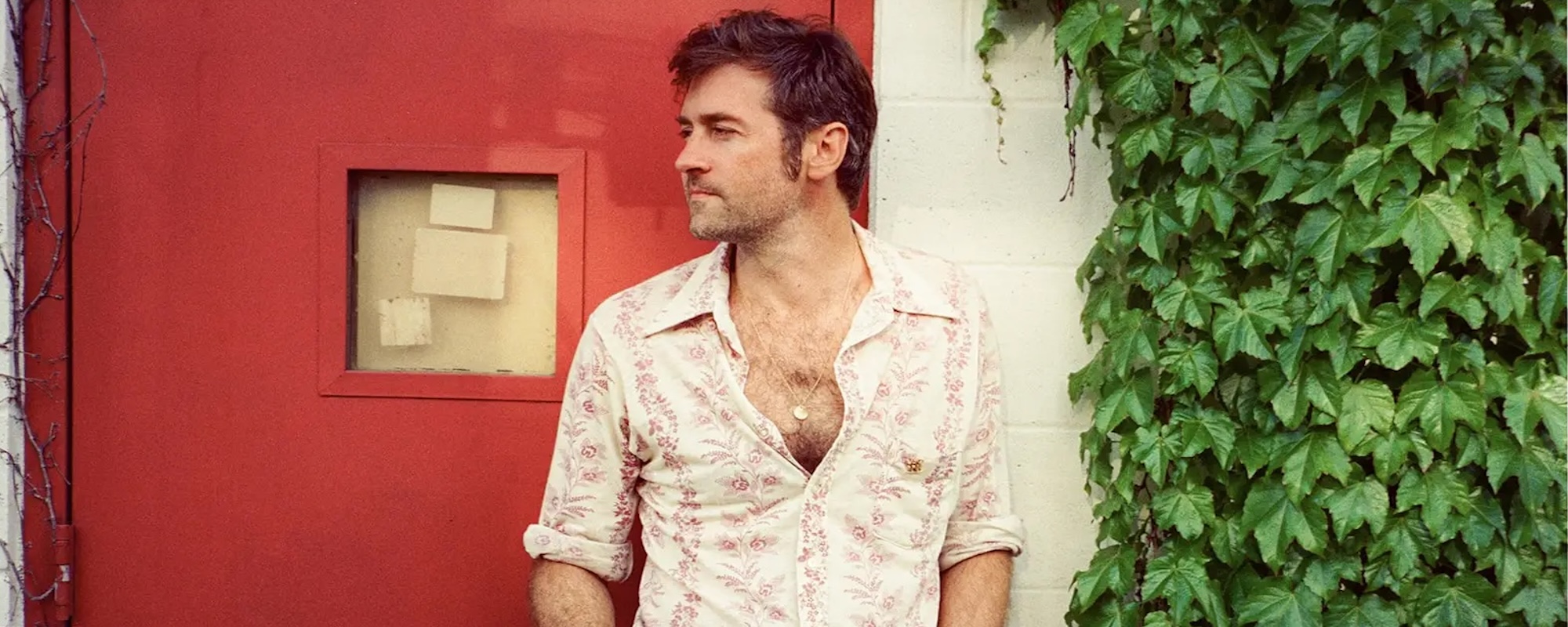
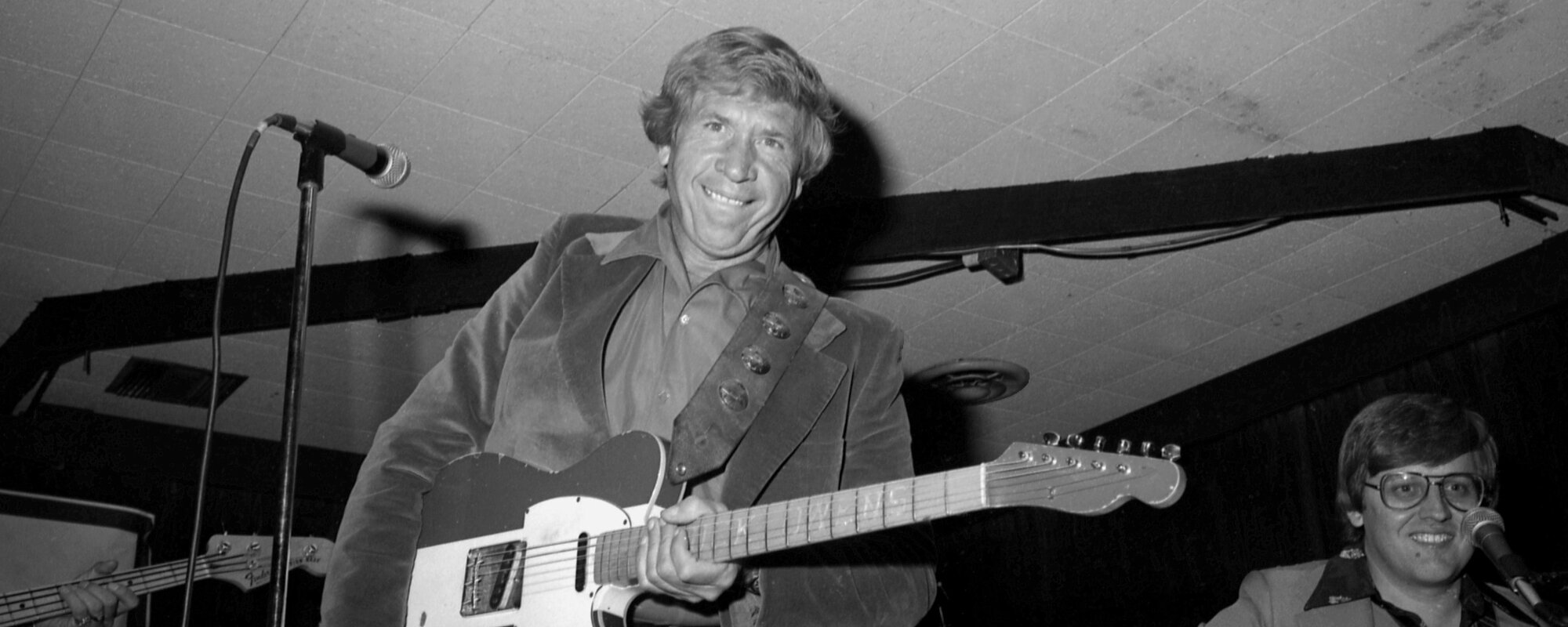

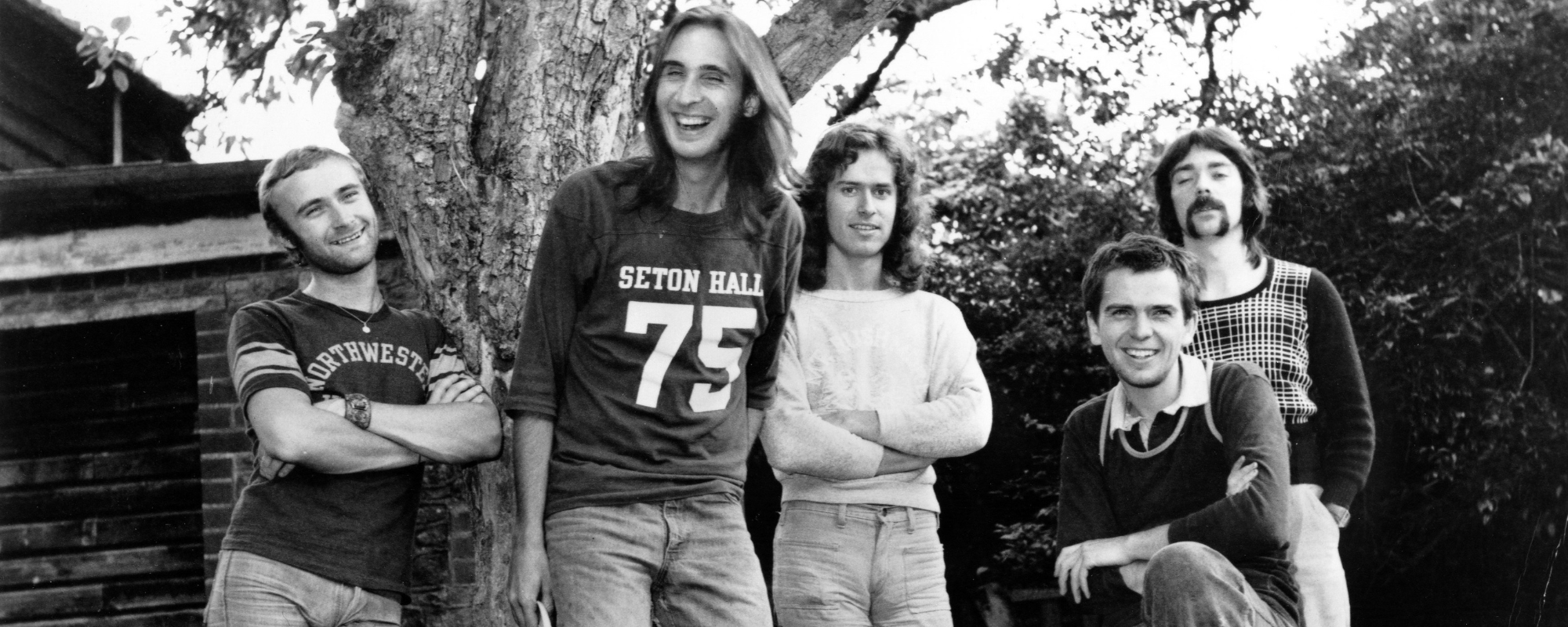
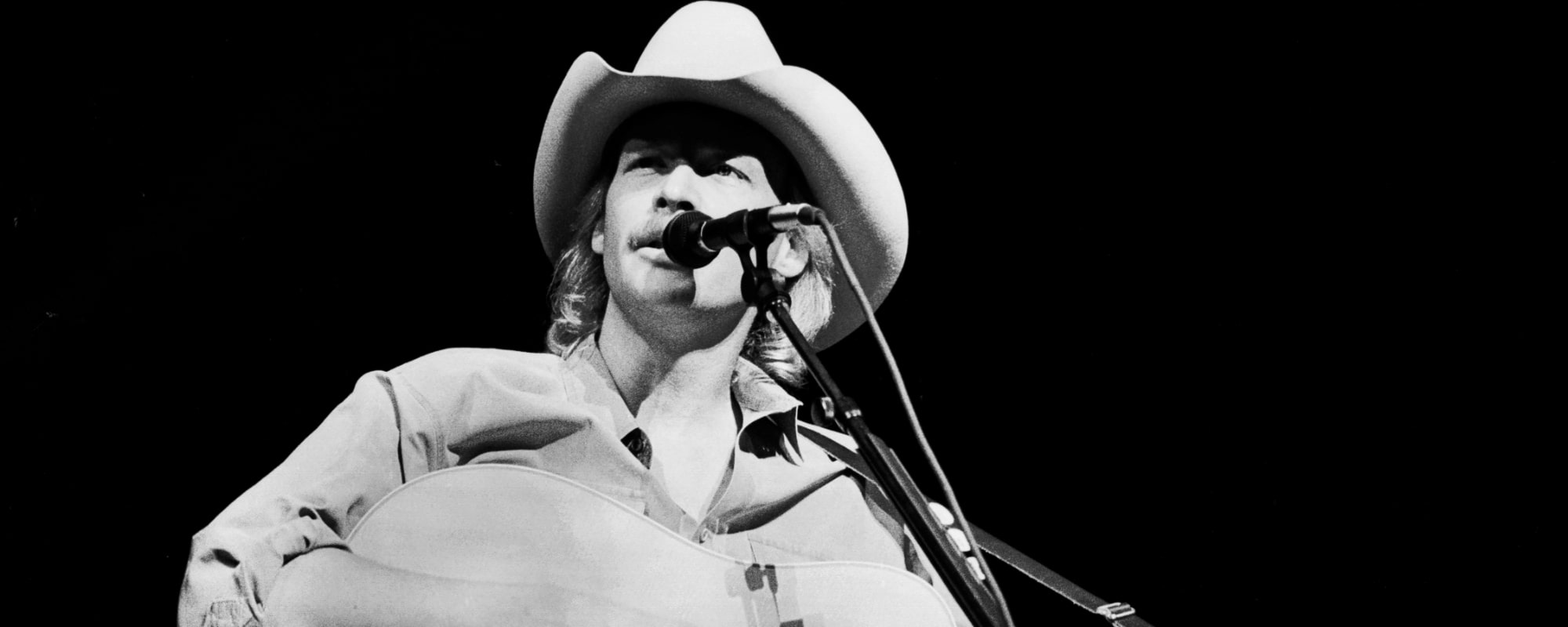
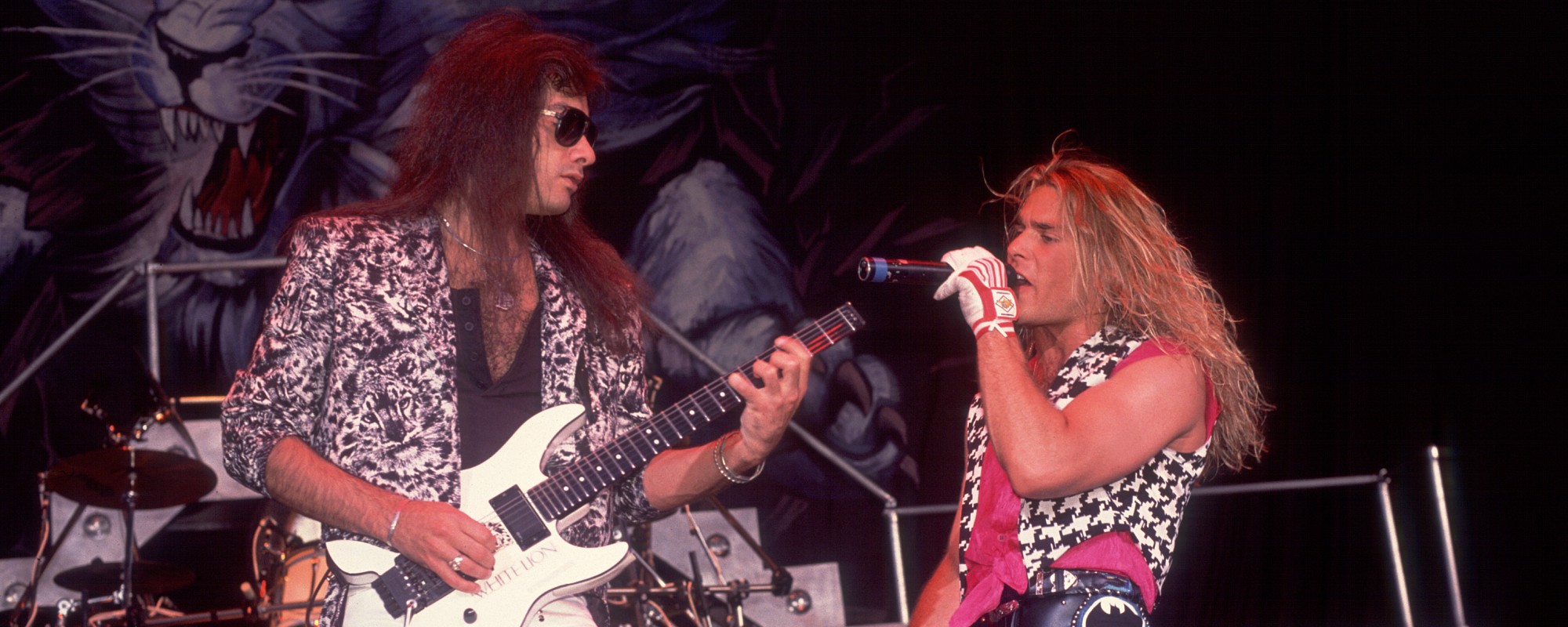




Leave a Reply
Only members can comment. Become a member. Already a member? Log in.